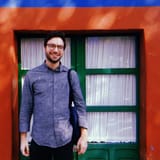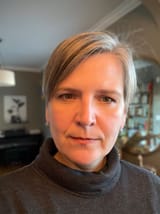On Primary Election Day, a Chance to Shape Brooklyn’s Future
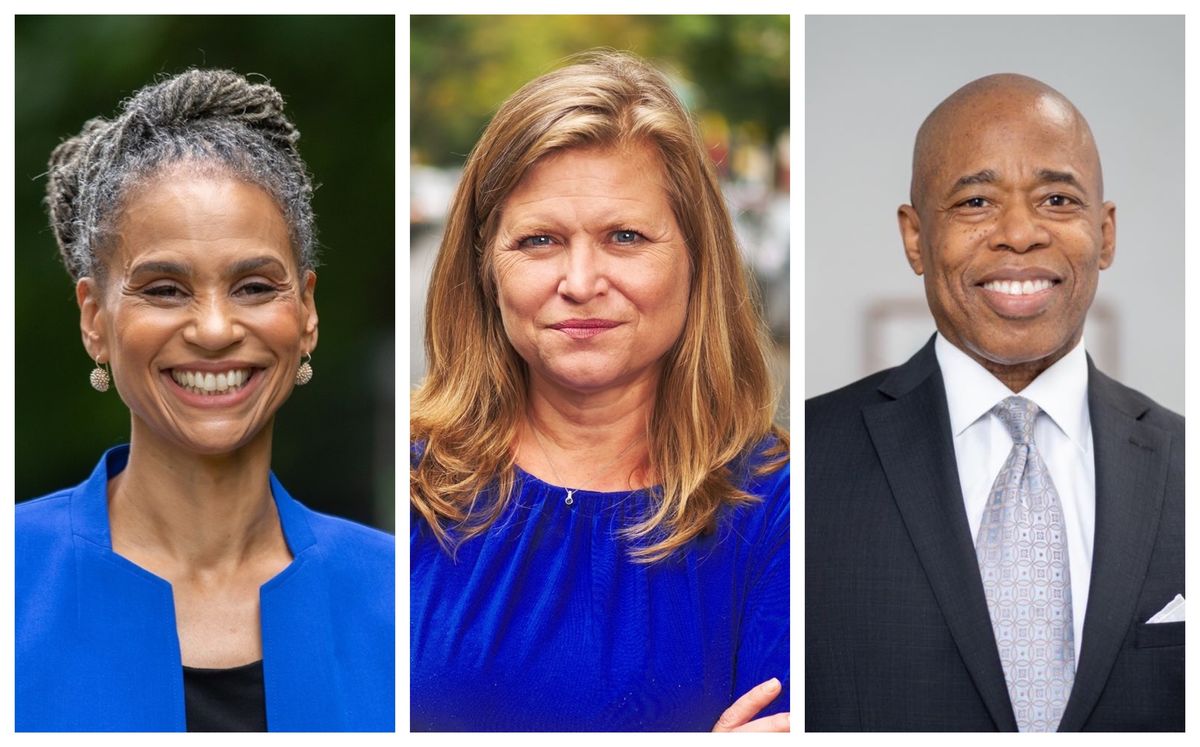
Tuesday, June 22nd, marks a crucially important moment in the life of New York City: primary election day - the day Democratic primary voters will decide who will be our next elected representatives as the city emerges from a devastating pandemic that has killed over 33,000 New Yorkers.
Our leaders will need to confront complex challenges ranging from policing reform and public safety to education, climate resiliency, and affordable housing. Tomorrow, primary voters will have the chance to select their next mayor, comptroller, public advocate, borough president, council member, and a host of judicial appointments. Because of term limits, the great majority of important seats in city government are open and will be filled by new faces.
This city of approximately 8.4 million people—that’s a population larger than most US states—has about 3.4 million active registered Democratic voters and only 500,000 Republican ones, which means that most (but not all) elections will be effectively decided tomorrow not in November. A similar dynamic is true for the 2.6 million of those residents who live in Brooklyn—1.1 million of whom are active registered Democrats, and 136,000 are active Republicans.
Though early voting sites were open for most of last week, only 191,197 New Yorkers (65,516 of them Brooklynites) have cast votes so far. And while no one has any real idea how high the total turnout will be, final results may take as long as mid-July to be complete.
So, tomorrow is a big day. Here’s what you should know.
Where do I vote?
You can look up your polling place at the city Board of Elections website. Note that your election day polling place may be different than where you were assigned for early voting.
What will my ballot look like?
Your ballot is unique to your specific district and party. You can view a sample version of your ballot here. Remember that, for the first time, New York City will be using a ranked-choice voting system, which allows you to rank up to five candidates in order of preference in each race.
It’s also important to remember that, because of both the complexities of ranked-choice voting and the need to count absentee ballots, the final winners may not be formally announced until the week of July 12.
What are the races to know about?
The Mayor
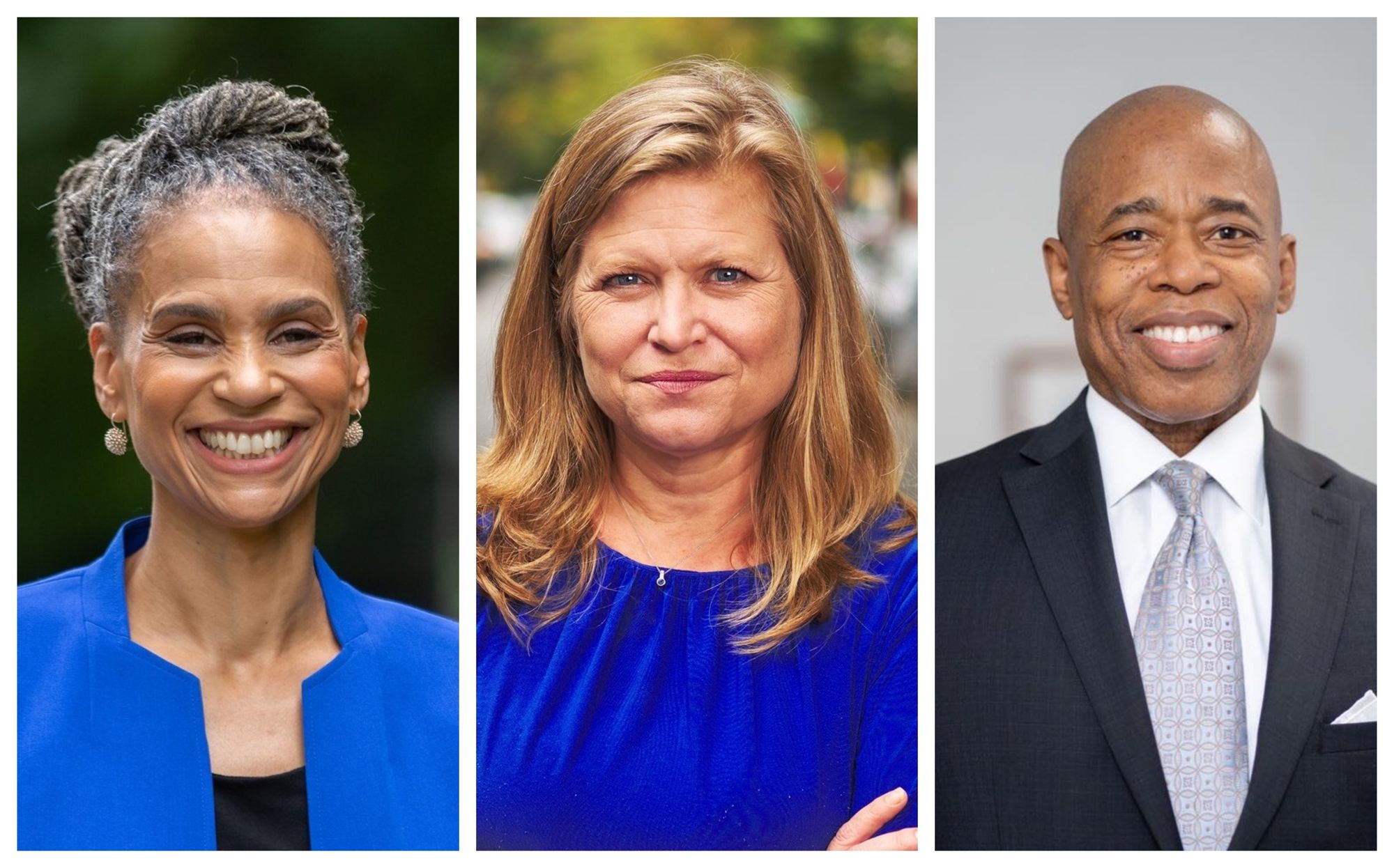
At the top of everyone’s mind, of course, is who will replace term-limited Park Slope neighbor Bill de Blasio as the city’s next mayor.
While there are several competitive candidates in the Democratic primary, most recent polling suggests that the four frontrunners are a former cop and current Brooklyn Borough President Eric Adams, entrepreneur and former presidential candidate Andrew Yang, former sanitation commissioner under de Blasio Kathryn Garcia, and former de Blasio staffer and MSNBC commentator Maya Wiley.
Three of them are Brooklyn residents—Garcia of Park Slope, Wiley of Flatbush, and Adams in either Bed-Stuy, Brooklyn Borough Hall, or maybe New Jersey. In any case, it is very likely the next mayor will also come from Brooklyn.
In recent days, Yang, who has made his pitch as a political outsider to the city, has campaigned alongside Garcia, a government veteran who has positioned herself as a centrist technocrat. The arrangement has angered Adams, who sees it as an attempt to surpass him in a ranked-choice showdown. Wiley, meanwhile, has sought to consolidate the progressive vote after the implosion of other left-leaning candidates.
The much less-noticed Republican primary is a contest between business owner Fernando Mateo and Guardian Angels founder Curtis Sliwa.
Several outlets have covered the contest extensively: you can check out the latest from Politico New York here.
The Comptroller
Another important but little-noticed citywide race is the one to replace term-limited Scott Stringer as city comptroller.
The next comptroller will play a role in ensuring $14 billion in anticipated federal stimulus money is spent thoughtfully; will audit a massive $99 billion city budget; and help manage about $250 billion in pension funds for 620,000 retired workers.
There are several competitive candidates in the Democratic primary, but most polls show City Council Speaker Corey Johnson (Manhattan) leading the race, with Park Slope Council Member Brad Lander and former CNBC anchor Michelle Caruso-Cabrera trailing in second and third.
The New York Times has written up an overview of the race that you can read here.
Public Advocate
The public advocate has relatively little hard power; they serve as a non-voting member of the City Council that can introduce and co-sponsor legislation, and as a sort of ombudsman for city government.
Incumbent candidate Jumaane Williams (Midwood/Brooklyn) is widely expected to win a second term. He’s competing against activists Anthony Herbert and Theo Tavarez.
You can read an overview of the race from The City here.
Brooklyn Borough President
The borough president’s office has relatively little power, but the officeholder has control over some discretionary funds, plays an important advisory role in the city’s land-use process, and appoints members of the city’s community boards.
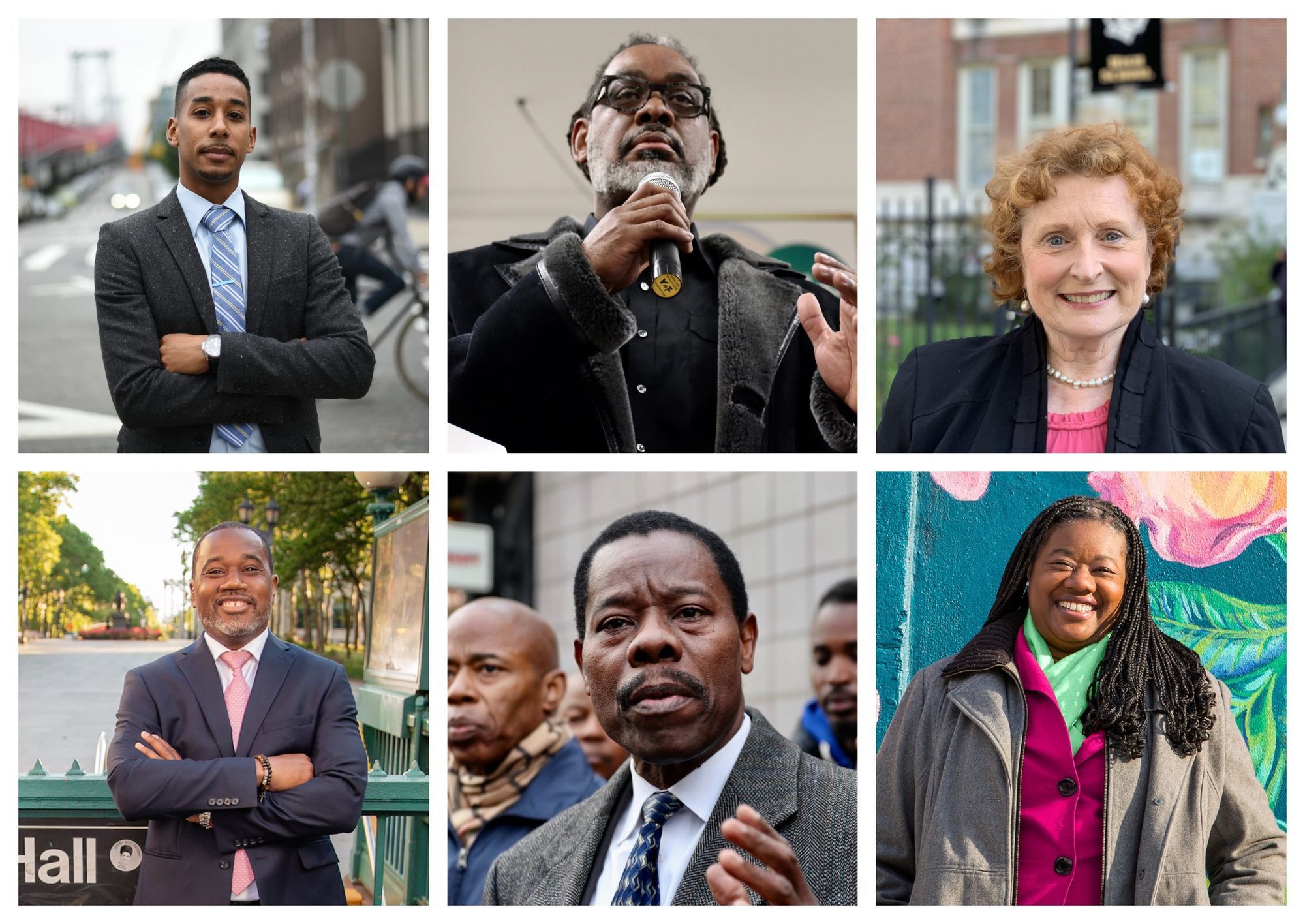
It has also been used as a launchpad for Mayoral campaigns (cue former Manhattan borough president Scott Stringer and current Brooklyn borough president Eric Adams both running for Mayor this year), so it may not be far-fetched to think about this race in terms of who would you like to see running for Mayor in say 2028.
The race to replace Adams comes down to three elected officials: Assemblywoman Jo Anne Simon and two Council Members, Robert Cornegy and Antonio Reynoso. Other contenders are hospital executive Khari Edwards, Flatbush Council Member Mathieu Eugene, and Kim Council, a minister.
The City Council
The City Council passes legislation, votes on the city’s annual budget, monitors city agencies, and can approve or reject development projects like rezonings that need public approval.
Incumbents are expected to win reelection in District 41 (Alicka Ampry-Samuels), District 43 (Justin Brannan), District 44 (Kalman Yeger), and District 45 (Farah Louis). Not all of the other races are as clear-cut.
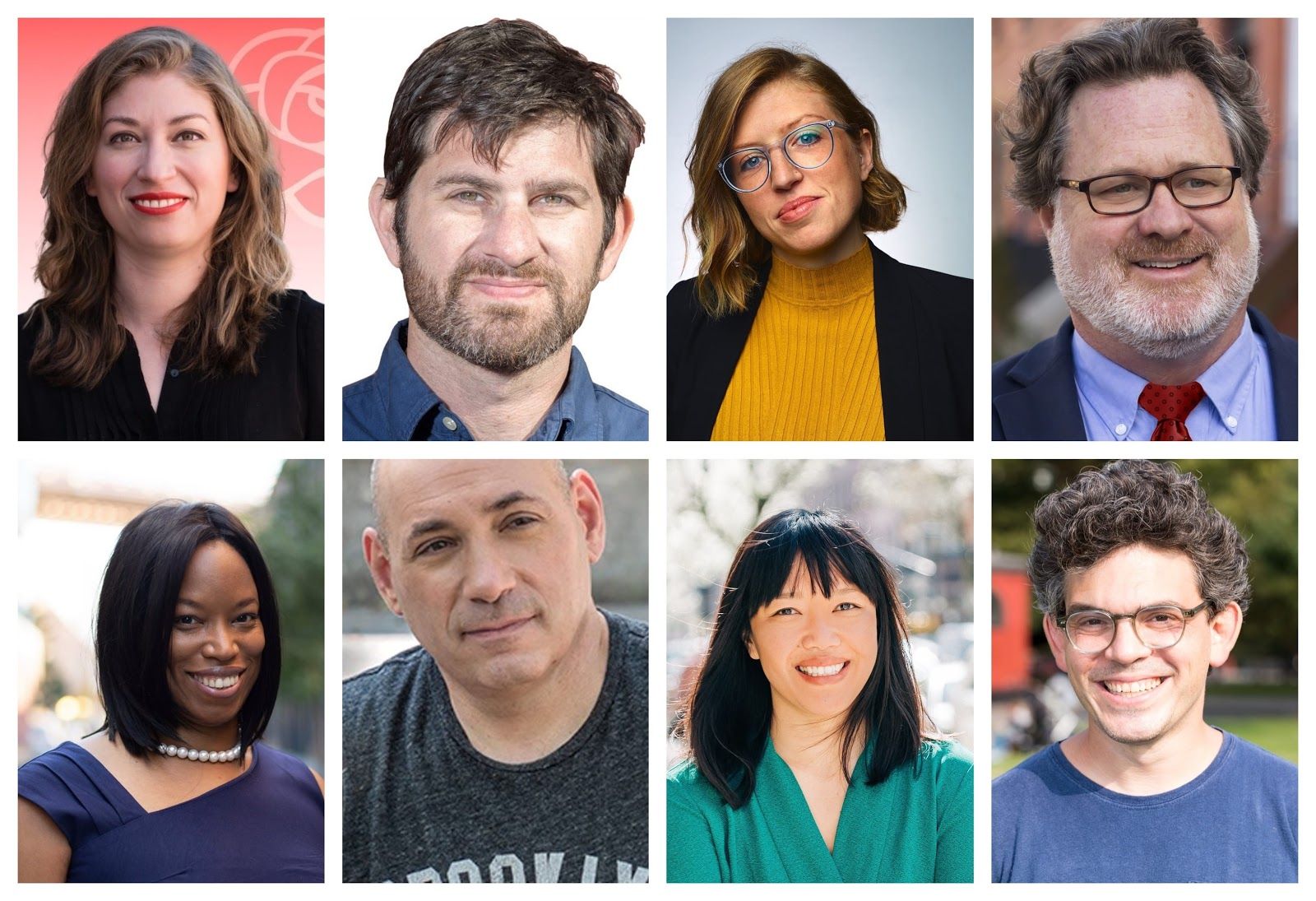
In District 33, which stretches from Greenpoint to Brooklyn Heights along the East River waterfront and is currently represented by Stephen Levin, candidates have spoken about addressing climate change and improving parks. Presumed frontrunner Lincoln Restler has secured major endorsements from both progressive leaders and the district’s large Orthodox community, but some competitors have teamed up in an effort to challenge him.
In District 34, which includes portions of Bushwick, Williamsburg and Ridgewood, Jennifer Gutierrez is a strong favorite to fill the seat vacated by Council Member Antonio Reynoso, for whom Gutierrez worked as chief of staff.
In District 35, which includes Fort Greene, Prospect Heights and parts of Crown Heights, Crystal Hudson, a former staffer for the outgoing council member Lauri Cumbo has clashed with Michael Hollingsworth, a tenant organizer who has the backing of the Democratic Socialists of America, over the controversial redevelopment of the Bedford Union Armory.
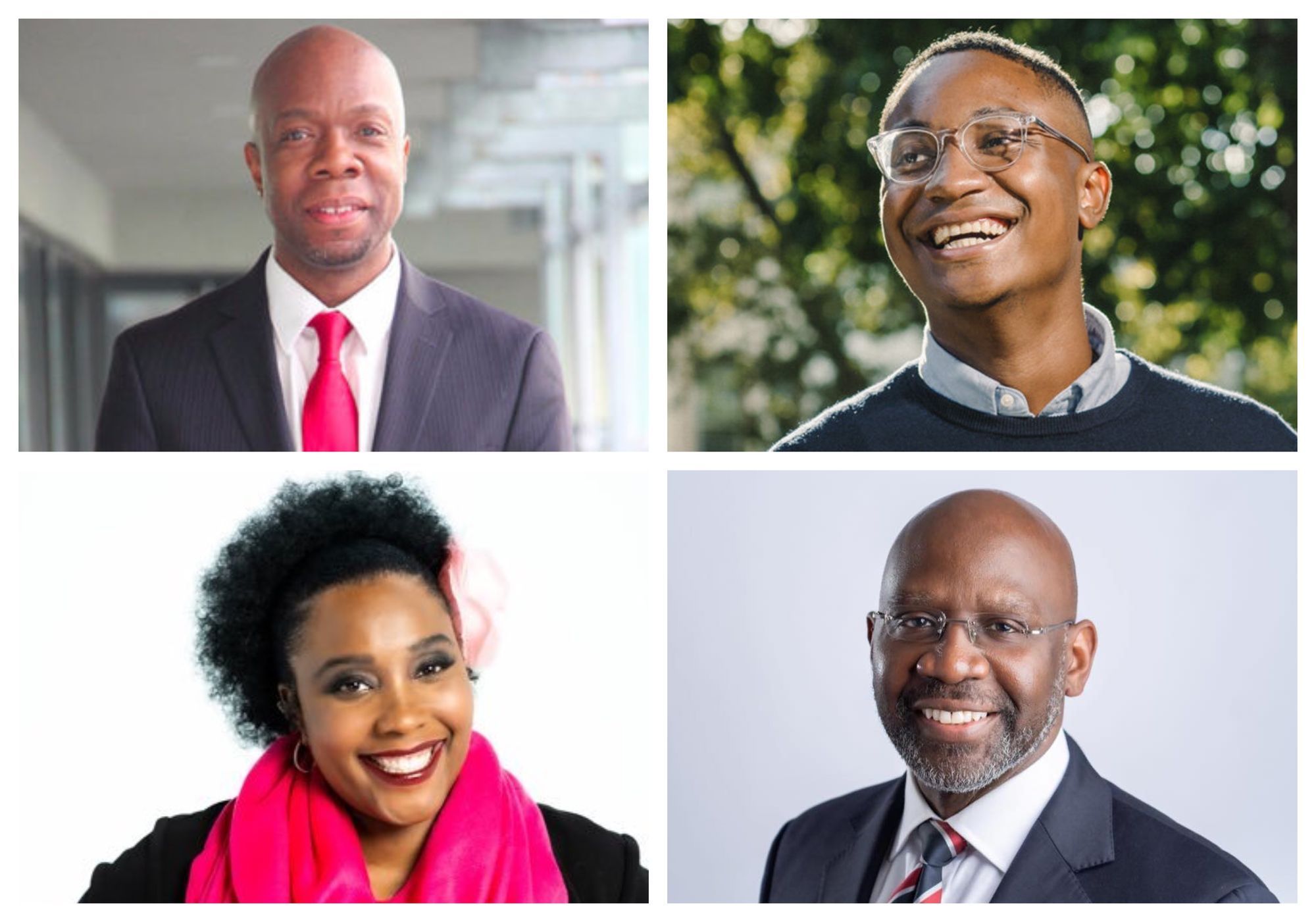
In District 36, which covers Bed-Stuy and north Crown Heights and is represented by Robert Cornegy, Henry Butler, a veteran of the local political establishment, is attempting to fend off a challenge from a new generation of political activists.
In District 37, which includes portions of Bushwick and Williamsburg, we profiled recently-elected incumbent Darma Diaz’s second showdown with progressive challenger Sandy Nurse and other candidates.
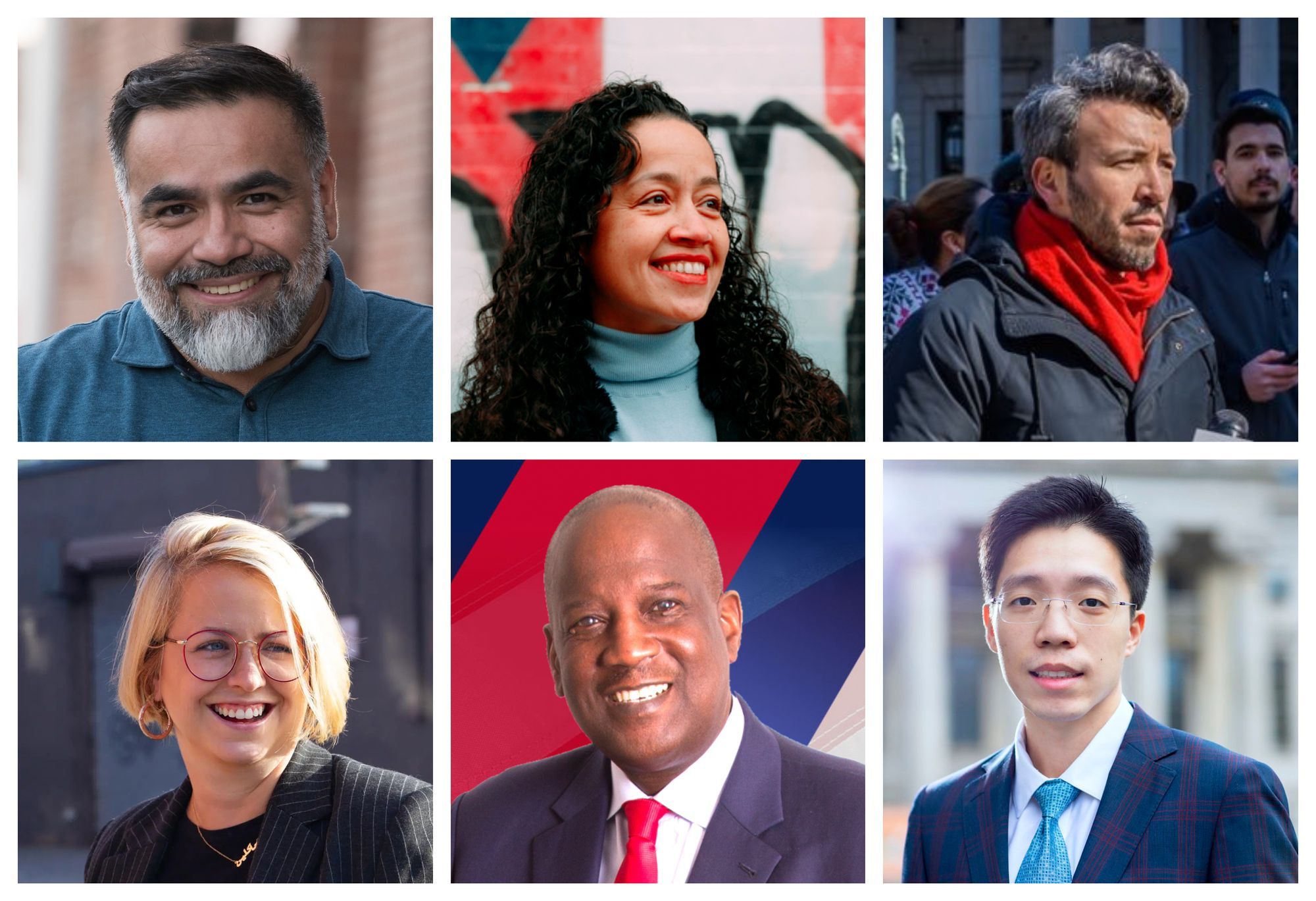
In District 38, which stretches from Red Hook to Sunset Park currently represented by Carlos Menchaca, a slate of candidates is seeking to win votes across a complex mosaic of different communities focused on housing and public safety.
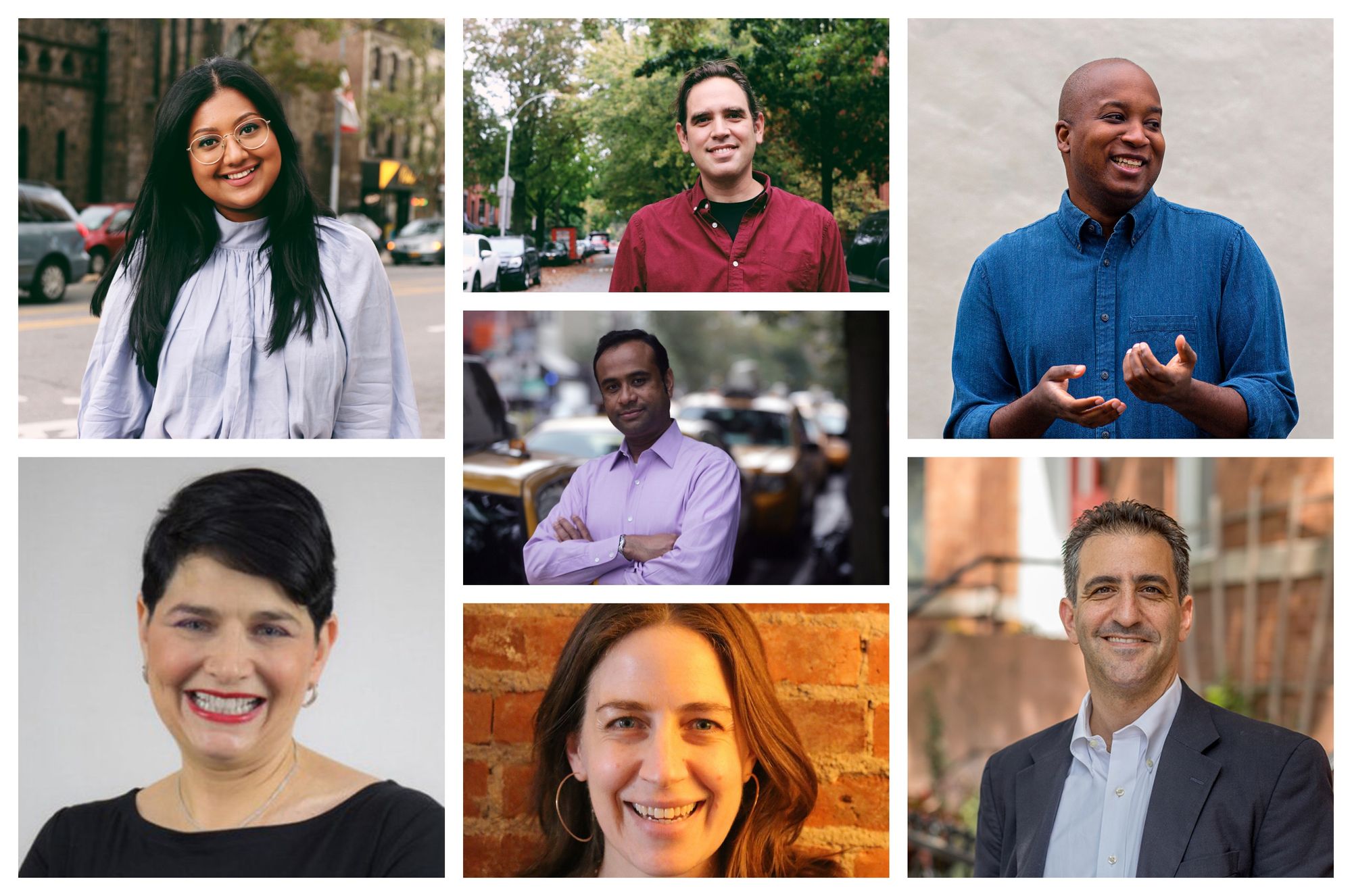
In District 39, which stretches from Cobble Hill through Park Slope to Kensington, candidates seeking to replace progressive standard-bearer Brad Lander have touched on education policy, historic preservation, and visions for revamping the Brooklyn-Queens Expressway and supporting small businesses.
In District 40, which includes areas like Flatbush and Prospect-Lefferts Gardens and has been represented for well over a decade by finally term-limited Mathieu Eugene, we’ve touched on both the battle of ideas between candidates and the simultaneous fight between political power brokers.
In District 42, which encompasses East New York, Assembly Member Charles Barron is running for his wife Inez’s seat, which he previously held. But he faces some opponents with powerful allies.
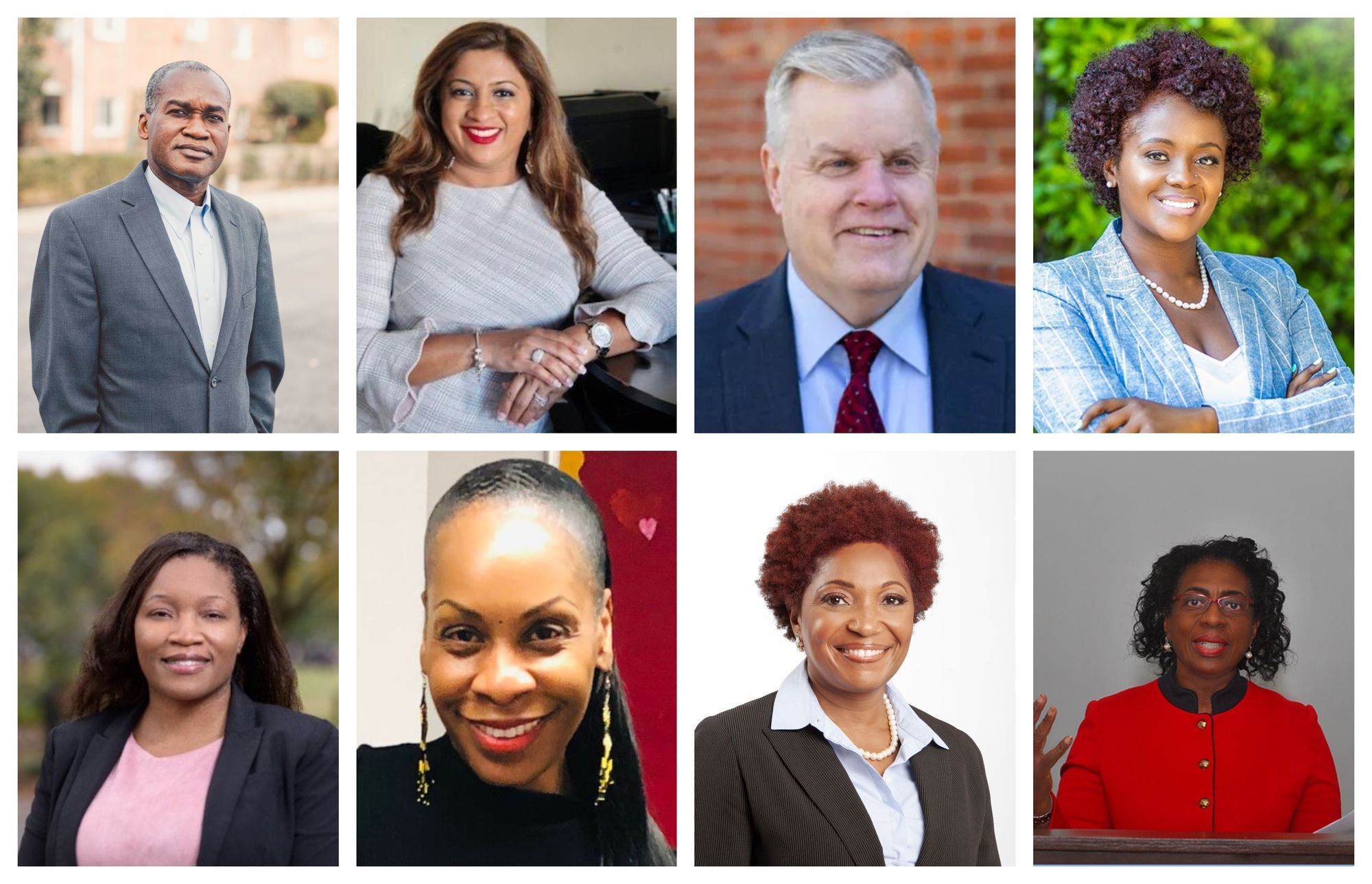
In District 46, which stretches from Canarsie to Marine Park, a diverse slate of candidates could signify a different type of representation for a historically moderate district.
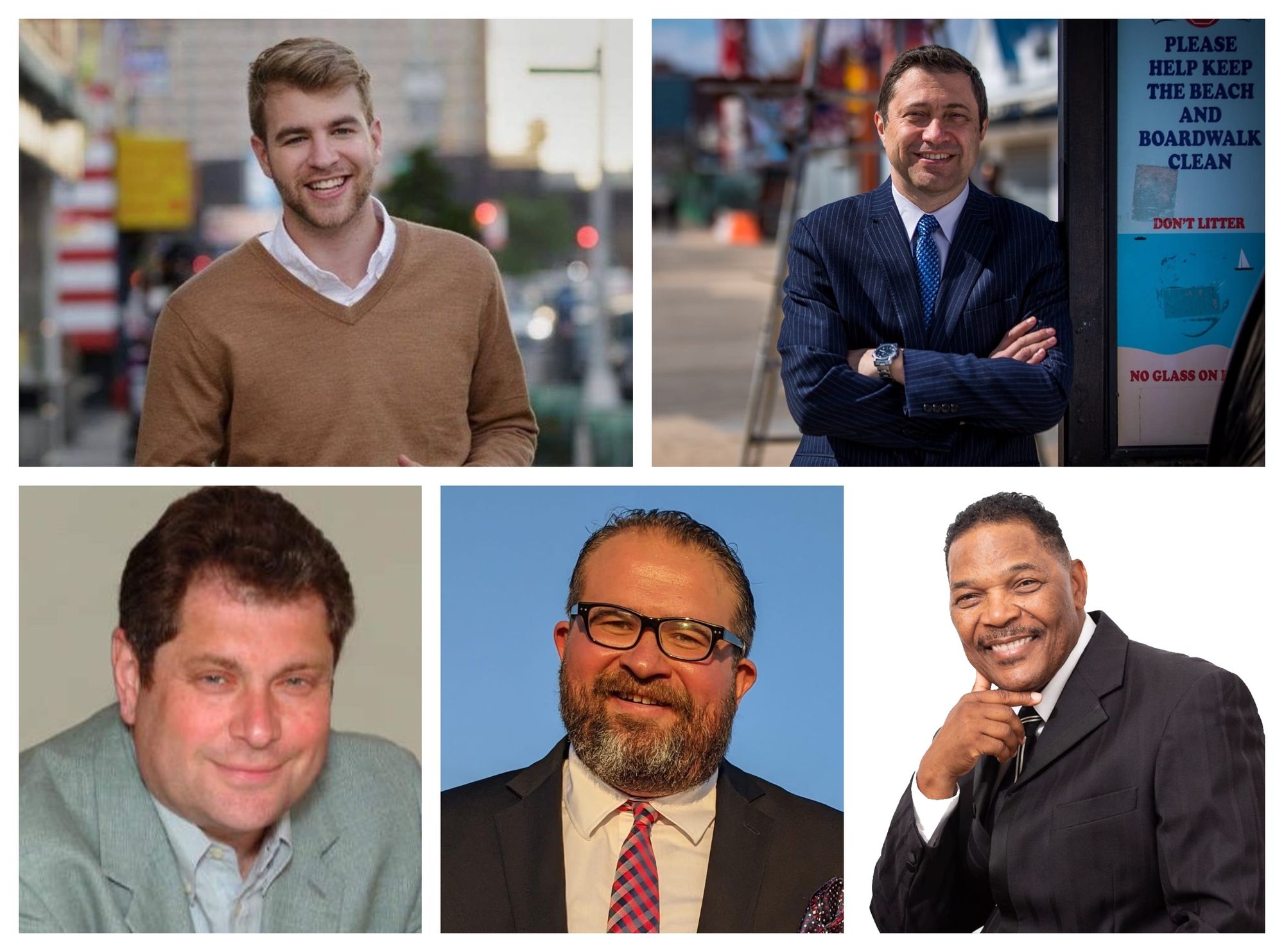
In District 47, which includes Coney Island, Gravesend and other nearby neighborhoods, the battle to replace incumbent Mark Treyger is a contest between local political mainstays and newcomers that has at times devolved into an open political feud.
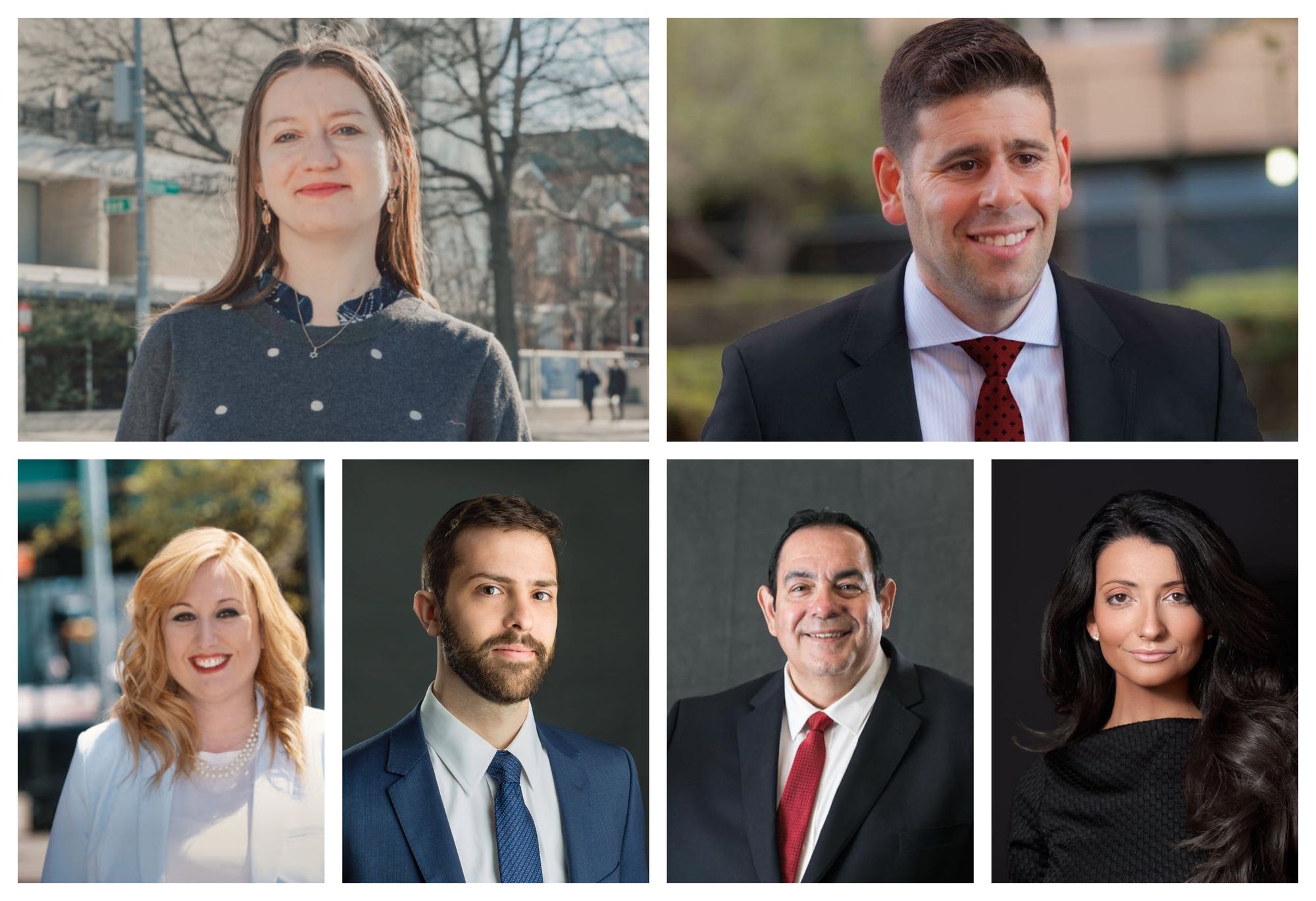
And in southern Brooklyn’s Council District 48, a Democratic party stalwart is competing against a former Republican to fill the seat vacated by former Council Member Chaim Deutsch, who was expelled from the Council after pleading guilty to tax fraud.
Judges
Several candidates are running for key judicial positions in the borough.
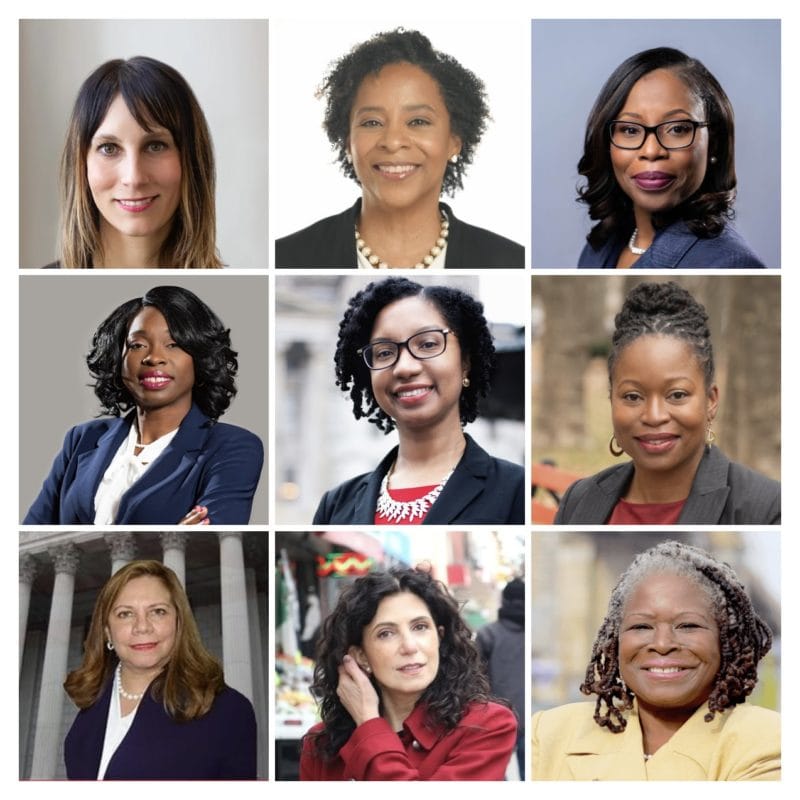
Perhaps the most important is the race for an open seat on the Surrogate’s Court, which has turned into a contest between a candidate backed by the Brooklyn Democratic Party and a reform-minded opponent with the backing of the borough’s progressive politicians. But there are other important races for civil court as well.
Check out Bklyner’s two-part primer on the judicial contests: learn about the open seats, and read conversations with the candidates.
Not a paying Bklyner member? If you found this reporting valuable, you can support our work for just $6/month or $60/year here.

